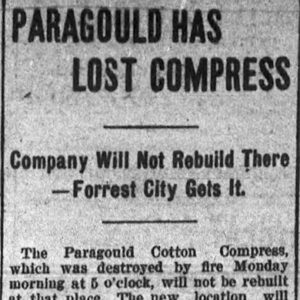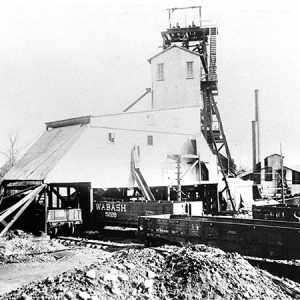Entry Category: Labor - Starting with C
Coleman, Ed “Sweat”
 Compress Loss
Compress Loss
Coronado Coal Co. v. United Mine Workers of America
aka: United Mine Workers of America v. Coronado Coal Co.
 Coronado Coal Company Mine
Coronado Coal Company Mine
 Compress Loss
Compress Loss
 Coronado Coal Company Mine
Coronado Coal Company Mine
Honor or memorial gifts are an everlasting way to pay tribute to someone who has touched your life. Give a donation in someone’s name to mark a special occasion, honor a friend or colleague or remember a beloved family member. When a tribute gift is given the honoree will receive a letter acknowledging your generosity and a bookplate will be placed in a book. For more information, contact 501-918-3025 or calsfoundation@cals.org.
The CALS Foundation is a 501(c)(3) organization. Donations made to the CALS Foundation are tax-deductible for United States federal income tax purposes. Read our Privacy Policy.
The first time you log in to our catalog you will need to create an account. Creating an account gives you access to all these features.